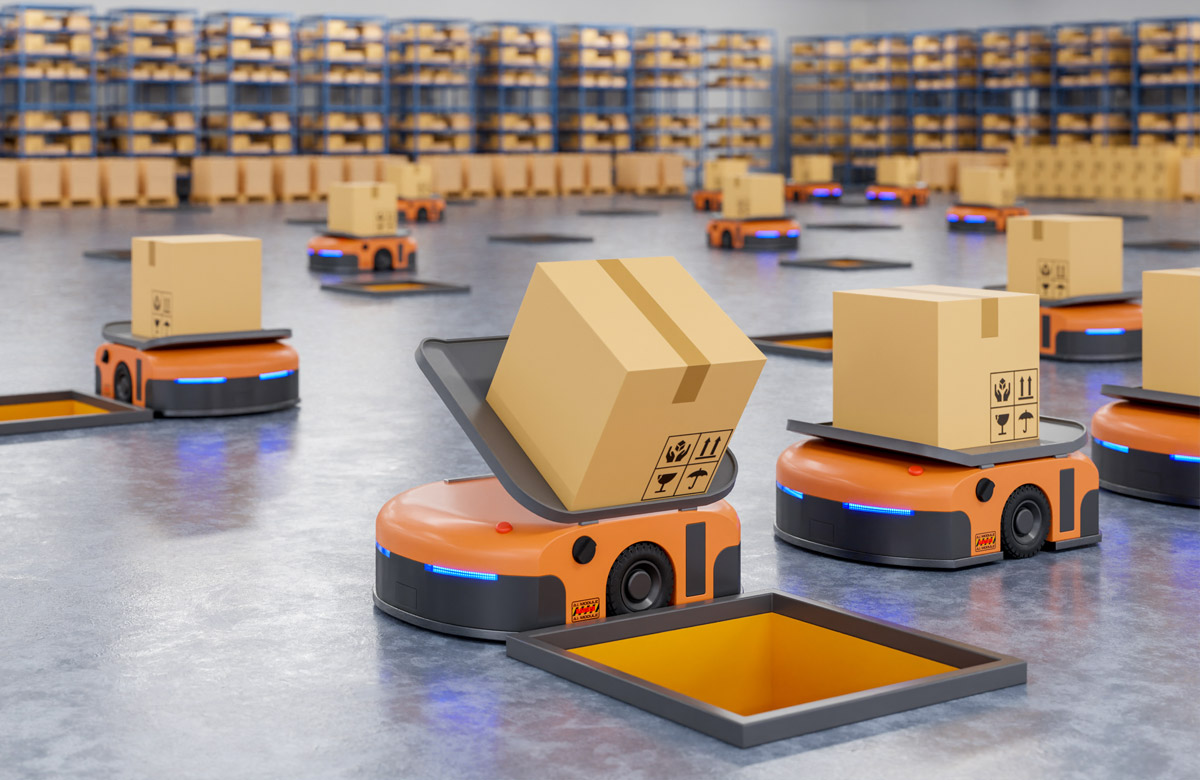
Benefits of Supply Chain Management
When we speak of “automation” in a supply chain, people may think of drones carrying packages and self-driving trucks. Those indeed are ideal applications of the automation technology, but automating your supply chain means much more than that.
With new advances in robotics and artificial intelligence, automation technology is capable of executing tasks people used to do manually. Furthermore, it can get the job done with added benefits such as:
- - Reducing the cost of certain supply chain operations
- - Minimizing human errors
- - Increasing speed and on-time deliveries
- - Increasing cube and overall supply chain capacity
- - Maximizing productivity
- - Improving the accuracy
- - Measuring performance in real time
- - Improving compliance
- - Reducing the environmental impact
- - Gaining more actionable data
- - Simplifying and consolidating the supply chain
Here are some examples of areas in supply chains where automation technology can be applied:
- - Payments and invoicing
- - Orders and fulfillment
- - Multichannel orders and delivery
- - Inventory management
- - Storage and retrieval
- - Customer service and communication
- - Picking, packing, and shipping
- - Analyzing and forecasting sales, demands, etc.
- - Procurement
- - Setting goals and planning processes
- - Problem identification
- - Data and reporting
- - Visibility across the entire supply chain
Automation in the logistics industry will play an increasingly important role in helping all processes to run smoothly in less time with less labor. The valuable human resources can then be allocated to focus on tasks that require human skills such as building relationships and decision-making, which drive value for the entire business.
While automating supply chain applications and facilities is imperative for growth, limitations still exist. Not everything can be or should be automated. Supply chain processes include some tasks that require humans’ mobility, dexterity, and critical thinking. The companies that see the most success with automation will have leaders who take care to implement the right automation systems at the right time and integrate these systems well to support their human resources.
